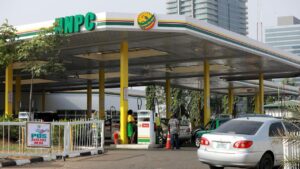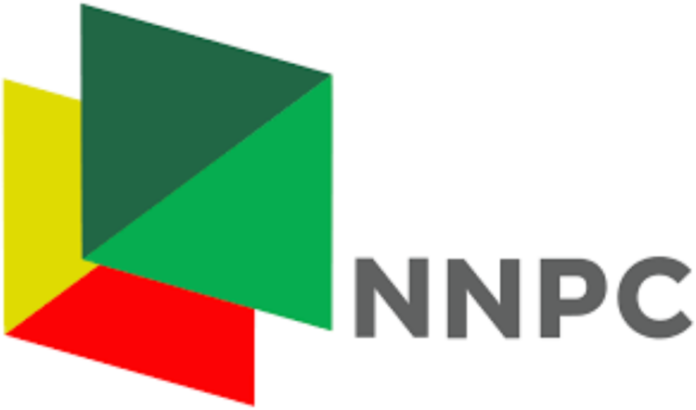The Nigerian National Petroleum Company Limited (NNPCL) has announced a revised timeline for the commencement of operations at the old Port Harcourt Refinery, setting August 2024 as the new target date.
During an emergency session on the state of the economy with the Joint Senate and House of Representatives Committees on Finance in Abuja, Mr. Mele Kyari, Group Chief Executive Officer of NNPCL, disclosed this information.
He also outlined plans for the upcoming refineries in Port Harcourt, Warri, and Kaduna, with expectations that the Kaduna refinery would be operational by December of this year.
Kyari and Sen. Heineken Lokpobiri, the Minister of State for Petroleum Resources, assured lawmakers that Nigeria is nearing its goal of producing 2 million barrels of crude oil daily.
Kyari emphasized Nigeria’s projected status as a net exporter of petrol by year-end, bolstered by the anticipated commencement of operations at the Dangote Refinery.
He attributed delays in the Port Harcourt refinery’s restart to technical challenges encountered during the rehabilitation process.
“We achieved mechanical completion of the Port Harcourt refinery last December, marking the technical readiness for operations,” Kyari explained.

“However, the introduction of hydrocarbons into the plant has presented unforeseen challenges typical in such technical phases. We are currently navigating these challenges and expect the refinery to commence production by early August.”
The emergency session, chaired by Sen. Sani Musa (APC, Niger-East), also featured discussions on economic recovery measures introduced by the administration, including student loan initiatives and the transition to Compressed Natural Gas (CNG) as a cost-effective alternative to petrol.
Officials expressed confidence in these measures, noting positive economic indicators despite ongoing inflationary pressures.
“Inflationary trends require time to reverse, but our economic indicators show positive signs,” Sen. Musa remarked. “We are optimistic that with diligent policy oversight, Nigeria’s economy will stabilize and continue to improve.”
The session also highlighted ongoing efforts to expand social interventions to 15 million households, albeit delayed due to restructuring within implementing agencies.
Key stakeholders affirmed their commitment to navigating current economic challenges towards sustainable growth and stability.




